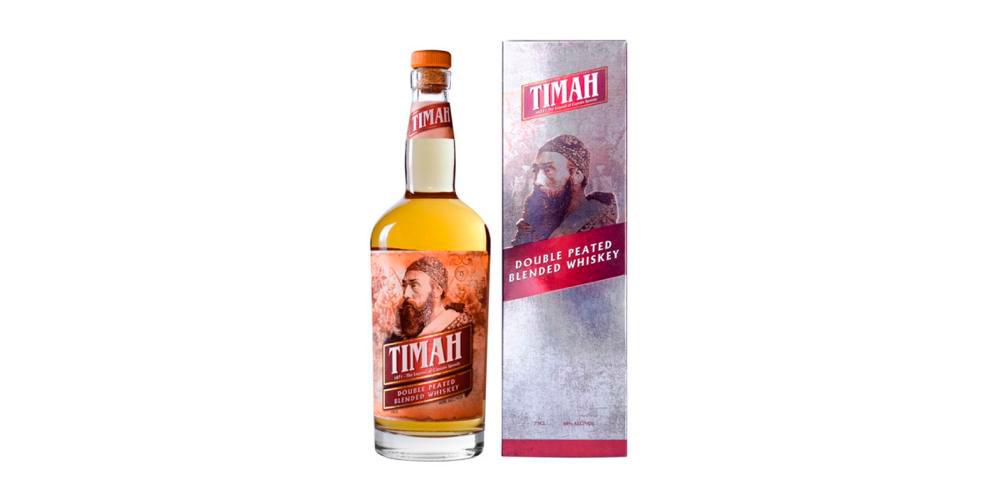PETALING JAYA: Introducing a new brand can be tricky. There is a fine line between evoking interest or emotions and offending certain groups.
The producers of Malaysia-made whiskey Timah seem to have found themselves on the wrong side of that line, but according to an expert in marketing and branding, it is through no fault of theirs.
Despite what detractors say, the expert said that nothing offensive can be associated with the word “timah”, adding that introducing a new brand and then infusing it into the public consciousness is like telling a story.
The man behind the SilkyGirl brand, Tan Thiam Hock, said any marketeer worth his salt would have stayed clear of anything that is even remotely offensive to religion or race.
“Any smart marketeer would know this. In other countries, there are brands with unusual names that may come across as offensive to some but they are meant to attract attention.”
He added that picking the right brand name plays a major role in determining how well the item gains recognition and therefore becomes more easily marketable.
“But the brand also tells a story. In the case of Timah, it is about the heydays of tin mining in Malaysia.”
Tan said people should take the trouble to understand why a certain name is picked before jumping to conclusions.
“I believe those who have made an issue of this should be ignored. There is nothing wrong with that name for a whiskey.”
On the bright side, the controversy surrounding Timah has actually garnered a great amount of good publicity for the whiskey.
Tan observed that as a result of the hullabaloo, the sale of the drink has sky-rocketed, which is a major plus point for a brand that only recently was practically unknown.
“Now, everyone is looking high and low for a bottle of Timah.”
Former president of the Association of Accredited Advertising Agents Malaysia Tan Sri Vincent Lee said before the controversy, Timah was a relatively unknown brand, despite having bagged an award.
“If I were the owner of Timah, I would thank the organisations that have brought it into the limelight,” he quipped in a recent Facebook post.
He pointed out that it has quickly morphed from an unknown name into a brand that has gained extensive mileage and the producers did not even have to spend any money on advertising.
“In terms of brand recognition, it would have surpassed many Scottish brands.”
The Timah brand would now be worth about RM50 million if measured by the “Interbrand” methodology, he estimated, adding that data on its sale history would be necessary to determine its total brand value.
Lee also congratulated the producers of Timah, saying it is yet another “successful Malaysian brand that has been built from scratch with lots of blood, sweat and tears”.
“The brand value will not diminish as long as the momentum is kept up,” he added.
Another brand expert who chose to remain anonymous explained that branding makes an impression on consumers and enables customers and clients to be aware of what to expect from the company.
“Brands are made to be remembered, and I think Timah has achieved that goal, thanks to the publicity,” he said.
Timah, the country’s first double-peated blend, won the silver medal in the 2020 San Francisco World Spirits Competition, one of the world’s oldest contest of its kind.
Judges saw it as “an outstanding spirit that displays refinement, finesse and complexity”.
It went on to win a second award, a silver, at the International Spirits Challenge 2020.














